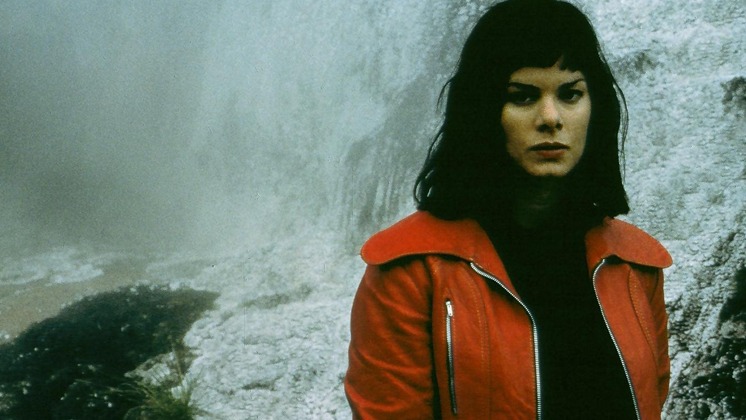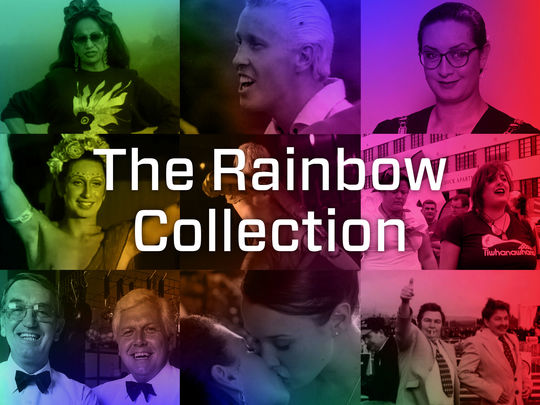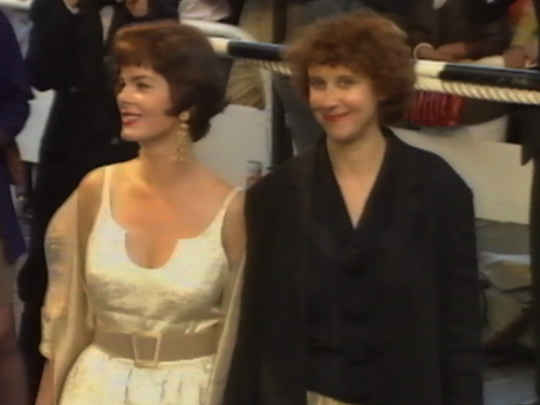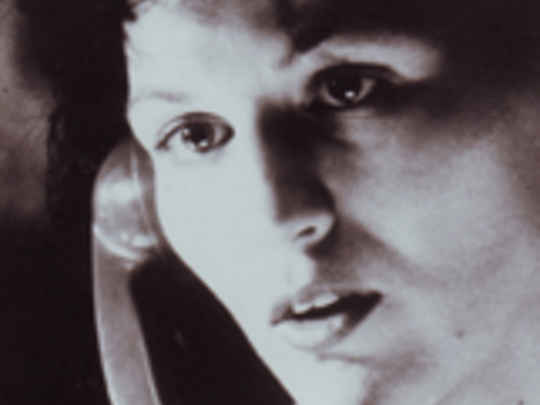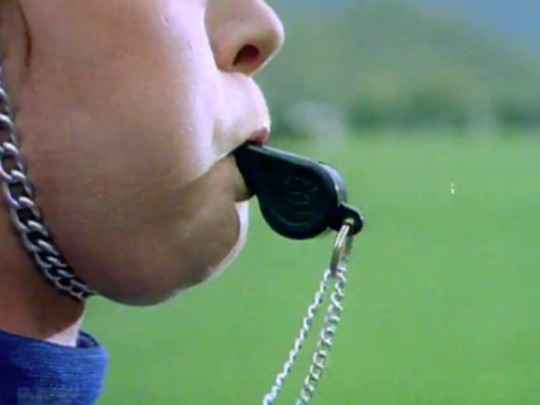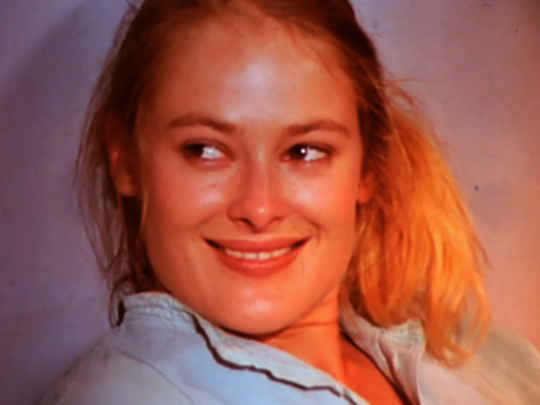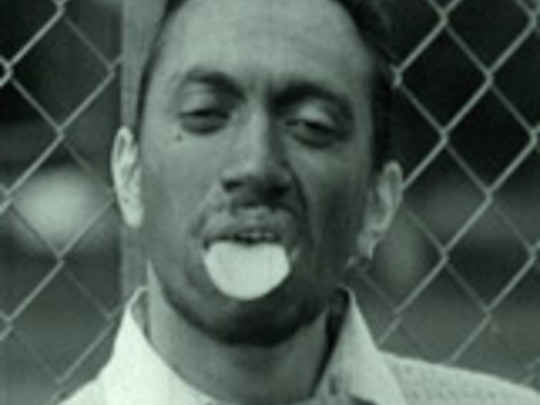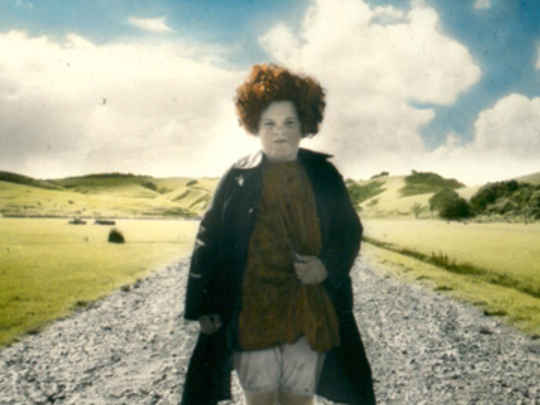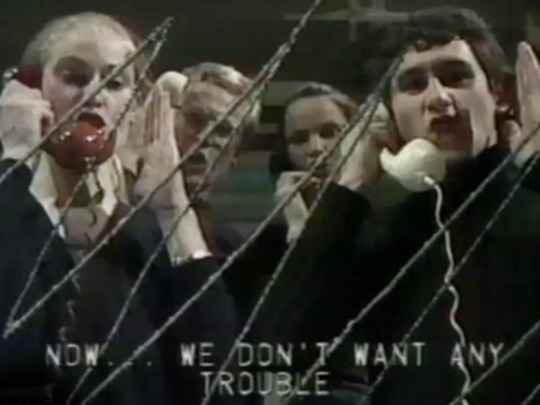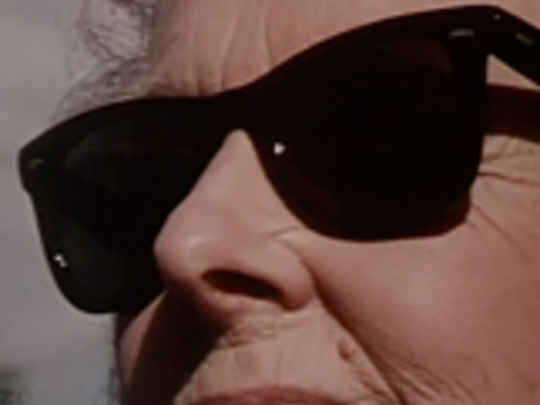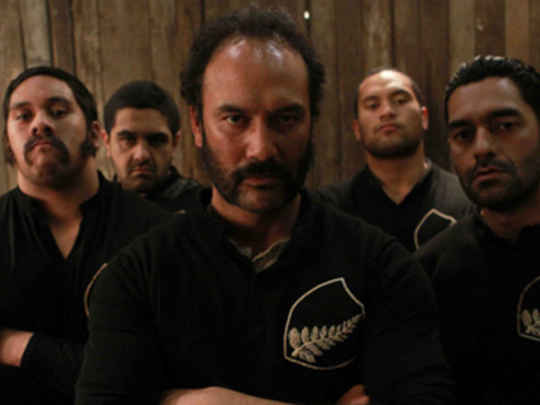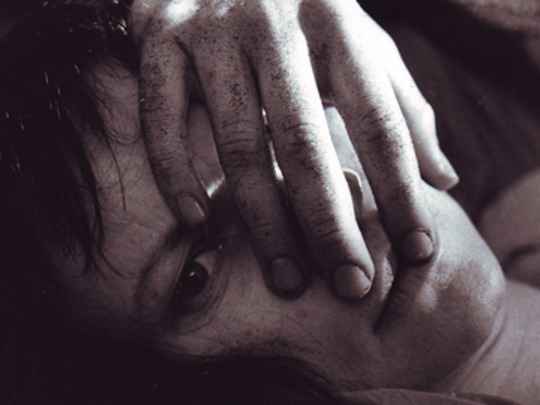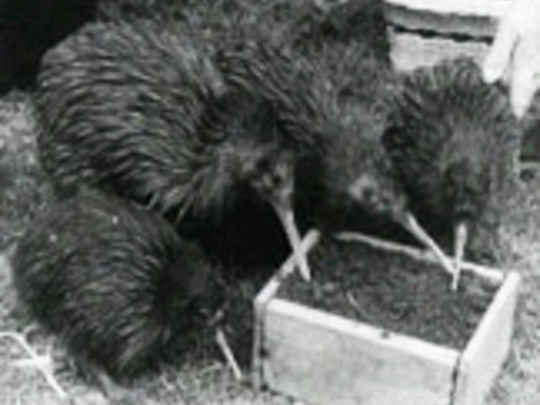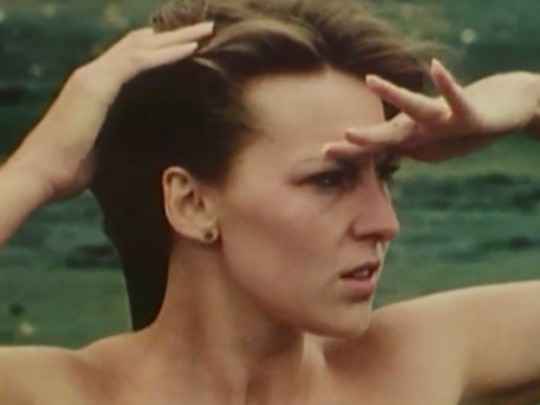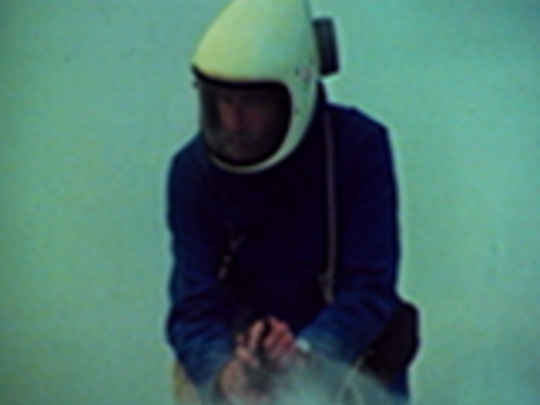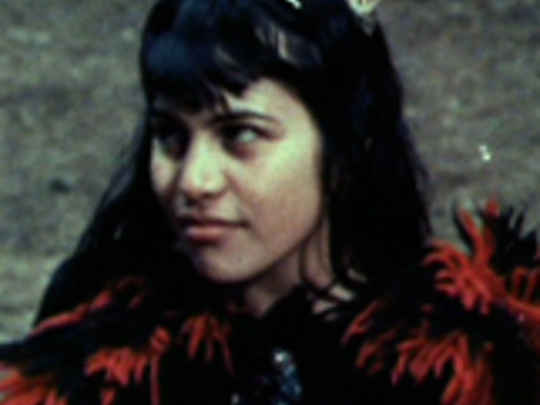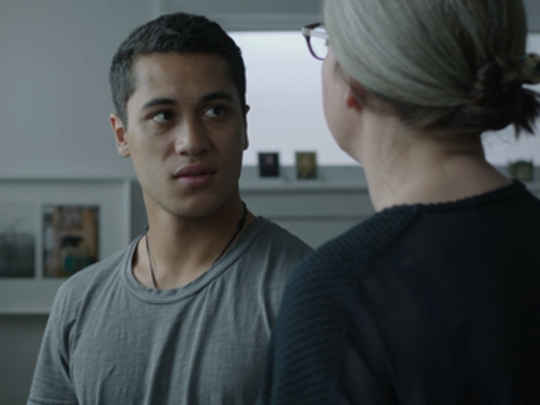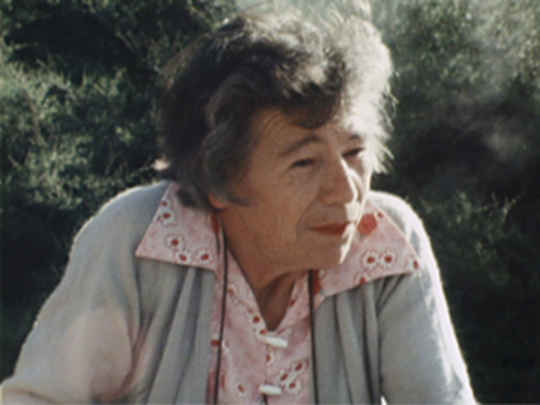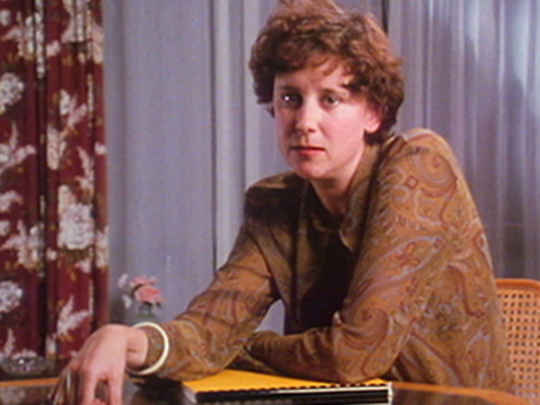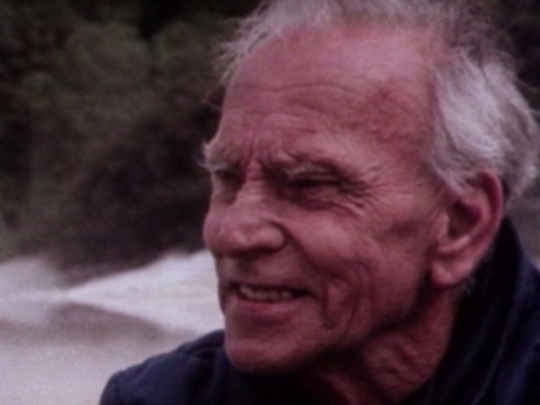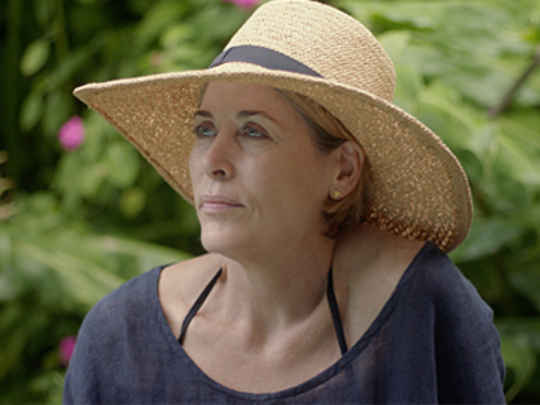Crush
Film (Trailer and Excerpts) – 1992
A Perspective
In the darkly humorous Crush, the debut feature of Alison Maclean, Marcia Gay Harden (fresh from the Coen Brothers' gangster flick Miller's Crossing) plays Lane, a sexually voracious and troubled American. Precipitated by a dramatic car crash which disables her friend, lover and passenger Christina (Donogh Rees), the unscathed Lane wrecks a path of seduction through small town Rotorua; a once famous novelist Colin (William Zappa) and his awkward daughter Angela (Caitlin Bossley) both get drawn in and hurt.
Maclean was born in Canada to New Zealand parents. The family returned home when she was in early teens: "I guess it [NZ] is the place I know and is more a part of me than anywhere else." Crush's tale of identity is framed by a deeply metaphorical landscape; with Lane in the picture, Rotorua is sexed up, awash with phallic suggestion. "Rotorua imbues a foreboding presence, the boiling mud swathed in drifts of steam signifying the dangerous emotion simmering just below the surface," writes Deborah Shepard (Reframing Women: a history of New Zealand film).
Crush was developed with the help of the Sundance Institute, a scheme that many NZ writer/directors have come through (Jane Campion, Niki Caro and Taika Waititi to name a few). Anne Kennedy co-wrote. Bridget Ikin, who had collaborated with MacLean on a number of shorts, including the celebrated Kitchen Sink, produced.
"Crush was Alison's exploration of power and identity, the messy feelings she had about being a New Zealander, a woman, Anglo - in the early 1990s - in a country which (certainly at that time) was preoccupied with referencing itself against the USA; and a complicated anxiety around notions of race and gender" reflects Ikin. "Couped with all of those ‘grapplings' were her complicated feelings of longing - about her own childhood and her family; feeling that something better, richer, more interesting maybe was happening elsewhere. I think the film was ahead of its time being such an intense exploration of identity."
Crush followed in the footsteps of Vincent Ward's Vigil and The Navigator becoming the third New Zealand film to be selected for official competition at Cannes. It was the only film in competition that was both directed and produced by a woman.
McLean had worked on Vigil. The influences, especially in the imagery and symbolic landscapes, are obvious. But Crush's focus on female subjectivity and desire is particularly McLean. Whatever might be said about its narrative spine, Crush's tone - bottom of the world, boiling mud pool ennui - is unarguably bold and distinctive.
Village Voice singled out Crush as one of the highlights of Sundance in 1993. At Cannes, Moving Pictures critic Nick Roddick called it an "extraordinary debut feature", while others noted that it was the only first feature in the Cannes competition. At home it didn't fare so well: John Maynard, the New Zealand distributor commented "our [promotional] campaign focussed on women, but the most influential critics are men".
With Jane Campion's An Angel at My Table and The Piano and Gaylene Preston's Bread and Roses and Ruby and Rata also being released in the early 90s, Crush was part of a cluster of New Zealand films about women made by women.
Sources include
Deborah Shepard, Reframing Women - A History of New Zealand film (Auckland: HarperCollinsPublishers, 2000)
'U.K. and U.S. Critics Praise Crush' - NZFilm 47, October 1992 (Number 47, Page 4)
